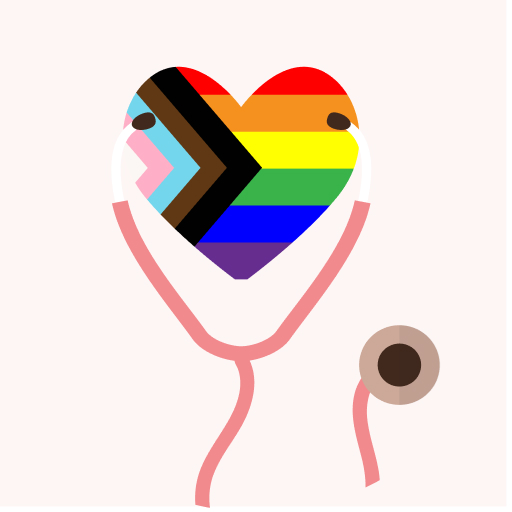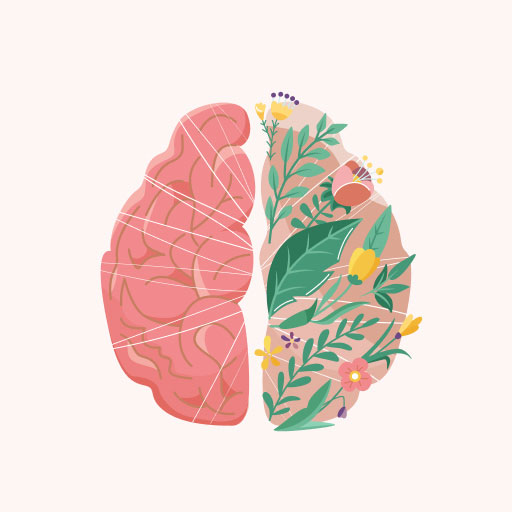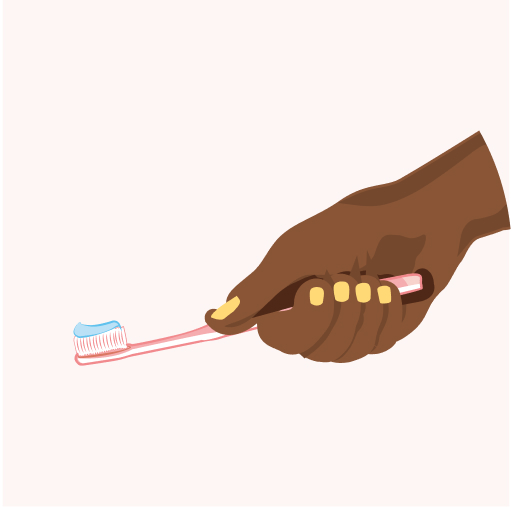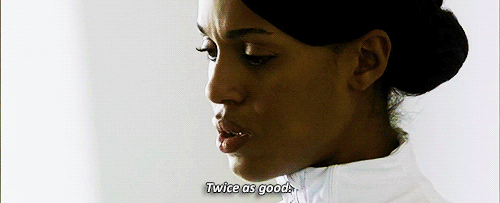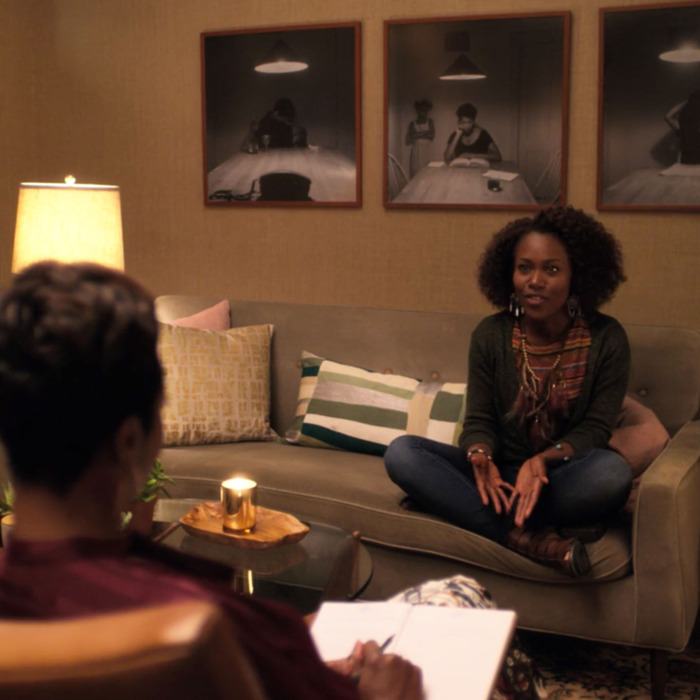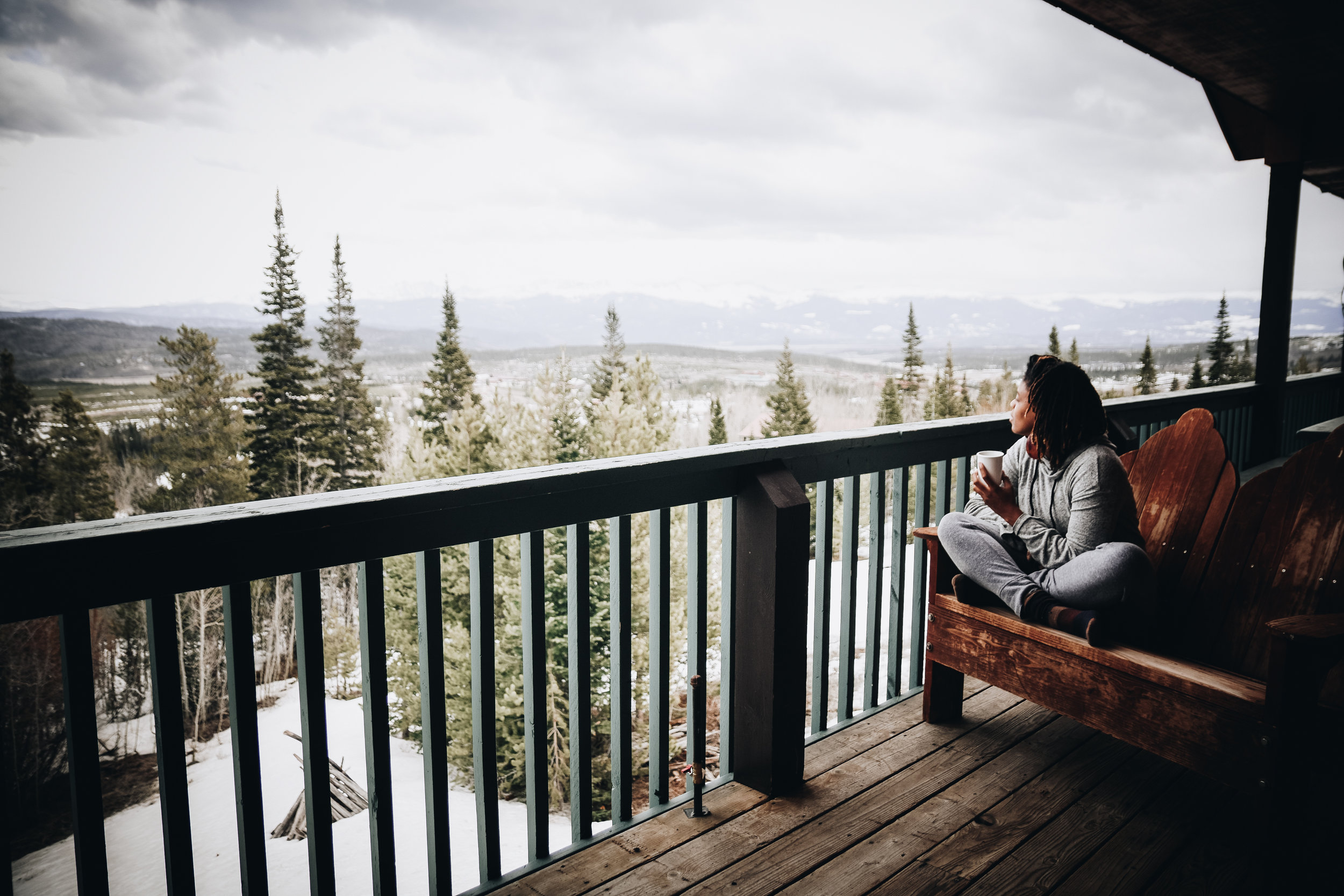
The Trauma You Never Knew Existed
For so long trauma was characterized as suffering PTSD from war, being in an abusive relationship or facing a life or death situation like being robbed at gunpoint. In the field of psychology, our diagnostic manual still lists PTSD as the main traumatic disorder, but for many therapists like myself, we have grown to understand trauma occurs on a much wider spectrum. The people walking into my office daily may not have experienced any of the things I mentioned above, but imagine the shock when they start to unpack their childhood histories, parent-child relationships, and I break it to them that the trauma they’ve experienced was in their own home, and from the people they are supposed to love the most. I hear stories of people who have dealt with abandonment, emotionally unavailable parents, absent fathers, verbally and emotionally abusive mothers and drug abusing parents. Dr. Julie Gottman said, “trauma is an experience by a person of some event or series of events that are unpredictable and that case a major threat to the individual’s physical, emotional or spiritual life.”
For me, that meant when my mother migrated from the Caribbean to New York when I was two and the series of events that happened after. Those events were traumatic. The worst part about walking through life unhappy, angry and essentially feeling F’d up is not having the language and acknowledgement that your experiences matter, and that they were significant enough to throw your life off track. In the minority community, there is a message that is taught that you are supposed to be strong and emotionless, anything that happens to you you’re supposed to just bulldozer your way through it, stay strong and move on. I say that’s bullshit; how the hell is invalidating your experience and diminishing it supposed to make you better?
Let’s tell the truth for once, behind a lot of adult’s emotional and relational dysfunction is a traumatic event that left them so hurt and broken. And unfortunately, many live in a society and family structure that leaves them stranded, and without the tools and understanding to process and work through the impact of that trauma. Brene Brown writes, “when we deny our stories they define us.” I can’t agree with that statement enough, because the people I meet regularly are defined by their trauma stories. I meet women with absent fathers who believe their worth is in a man. I meet adults that witness domestic violence who believe love hurts so screw it. I meet men of single moms who learn distorted definitions of manhood from the streets. I meet clients who were parentified as children, because their parents worked 3 jobs, and as adults they over-give and are enablers, because caring for others is all they were taught. These are the trauma stories I hear weekly; the ones we don’t acknowledge enough. I want these people to know your pain is real, your story is real and the negative impact on your life is real.
Over the last 5 years I have worked with my clients to identify their trauma stories. I believe honoring those stories is a first step to necessary healing in order to effectively let go and cope appropriately with the things that have happened in life. Once there is acknowledgement of the story, there is work to be done on building awareness of the impact these events are having in your life. Insight and awareness are two key tools to healing and doing your work. Some results of trauma include: defensiveness, emotional wall and guardedness, low self-esteem, anxiety, depression, emotional numbing, living in survival mode, experiencing most life events through the lens of anger, emotional unavailability and fear. When your parents were emotionally unavailable and you can’t seem to open up and be vulnerable in your relationship, that’s trauma. Unless the connection is made to these events, processing the feelings of living with a parent that was never emotionally attentive to your needs and understand how this plays out in the discomfort and fear you feel when you have to emotionally connect and open up, you may experience a level of relationship dysfunction.
So, I challenge you to ask for help, and seek out a therapist so you can learn the tools needed to write that new ending.
Adiasha Richards, LMHC is a proud West Indian American, owner of Growth and Transitions Counseling located out of two offices in Queens NY (Ridgewood and Howard Beach). She has a team of licensed therapists which serve a wide demographic of people in the areas focused on Mental Health Services. Her practice offers Individual Counseling, Couples and Martial Counseling, Pre Martial Counseling, Family Counseling, and Children and Teens. There is certainly something for almost everybody. Adiasha states ” Everyone is talking about do your work, find inner peace, posting positive quotes, but What the Hell is that, how do you do the work?” She works individually with women to help them work through their trauma, heal from the past, and grow the skills needed to move out of surviving and into a life of full living.
More Content
Mental & Behavioral Health
Black Women and the Impostor Syndrome Struggle
You’ve been feeling like a fraud -...
Mental & Behavioral Health
Filling in the Gap: Why I Wrote A Book About Depression and Trauma for Women of Color
As an author, a woman of color,...


